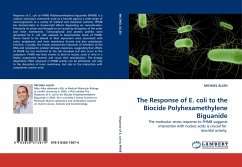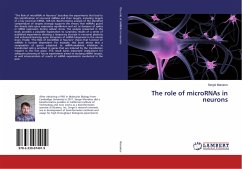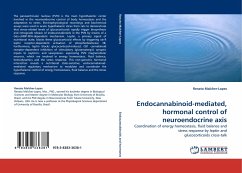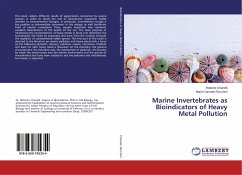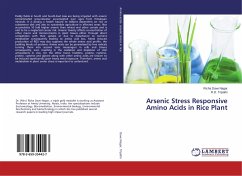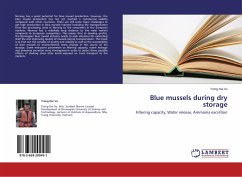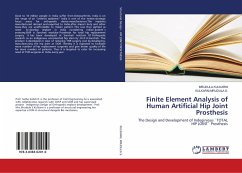Response of E. coli to PHMB Polyhexamethylene biguanide (PHMB) is a cationic surfactant commonly used as a biocide against a wide range of microorganisms in a variety of medical and industrial contexts. PHMB has bacteriostatic or bactericidal effects depending on concentration. Previously its action was thought to be caused by disruption of the outer and inner membranes. Transcriptional and protein profiles were generated for E. coli cells exposed to bacteriostatic levels of PHMB. Genes found to be altered in their expression were associated with outer, periplasmic and inner membrane functin and also cytoplasmic function. Crucially, the results showed the induction of members of the DNA and cytoplasmic protein damage responses, suggesting that effects of PHMB are not restricted to the cell envelope but also occur in the cytoplasm. PHMB was then shown to bind to nucleic acids in vitro in a highly cooperative manner and cause their precipitation. The dosage dependent effect observed in PHMB activity can be attributed, not only to the disruption of inner membrane, but also to the interaction with cytoplasmic nucleic acids.
Bitte wählen Sie Ihr Anliegen aus.
Rechnungen
Retourenschein anfordern
Bestellstatus
Storno

